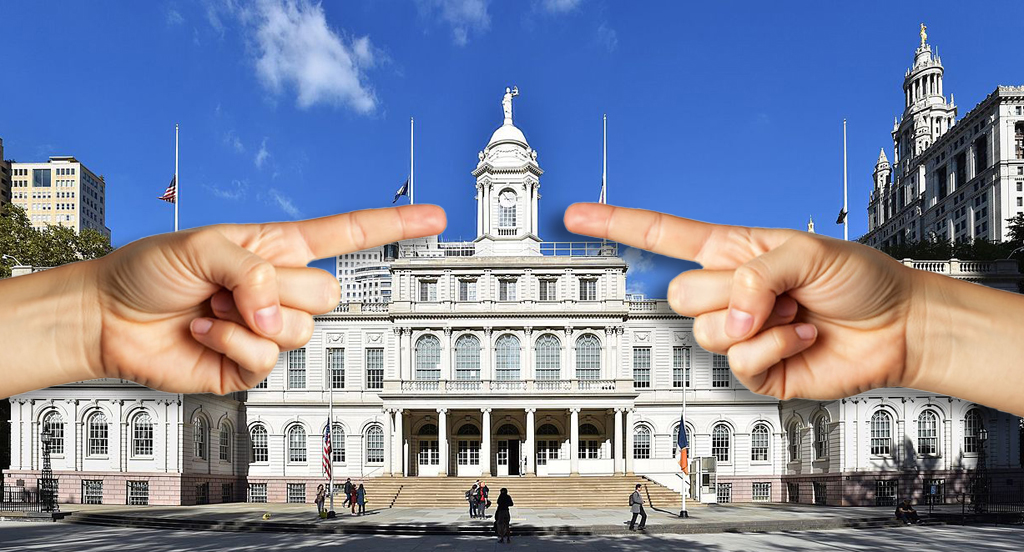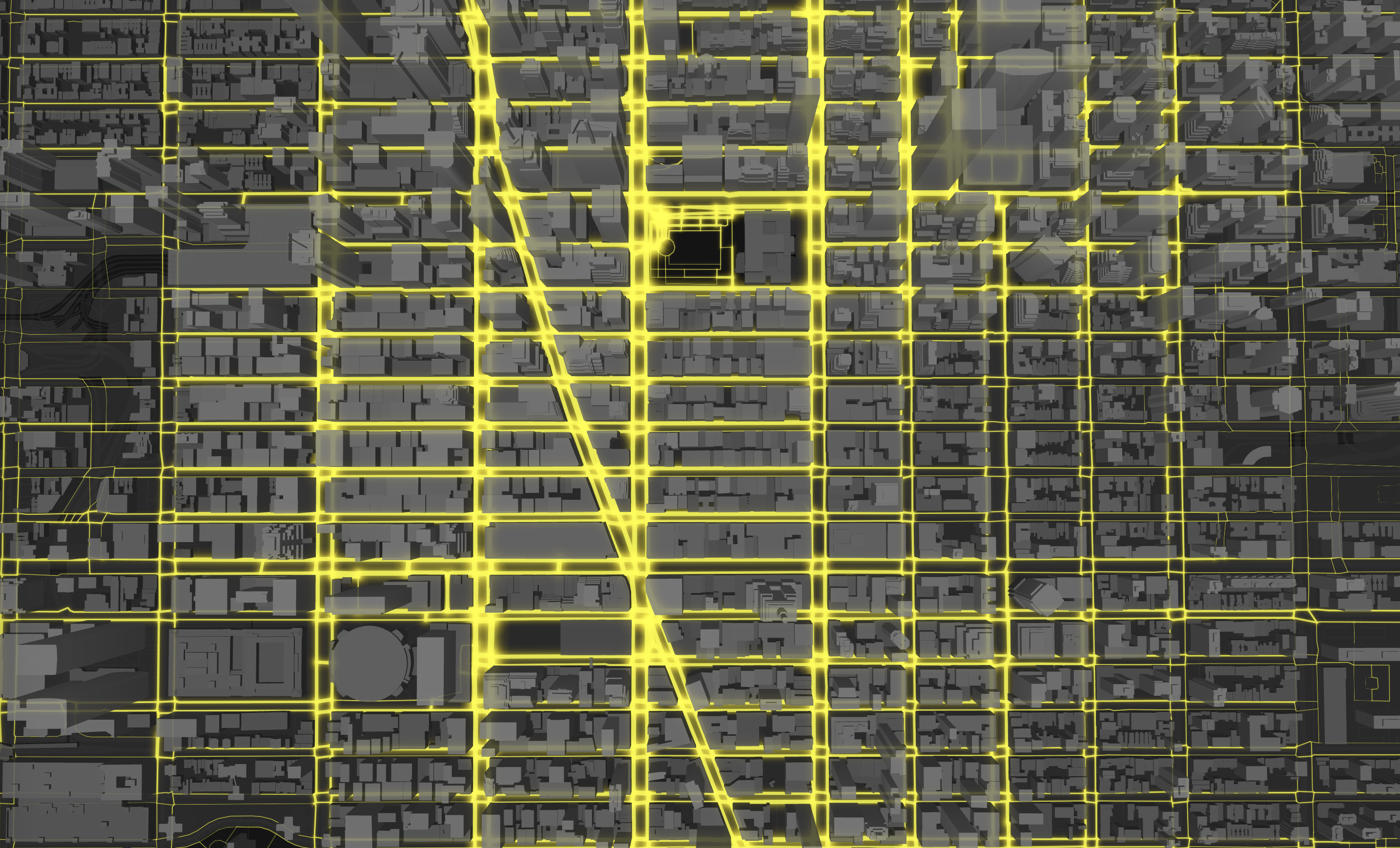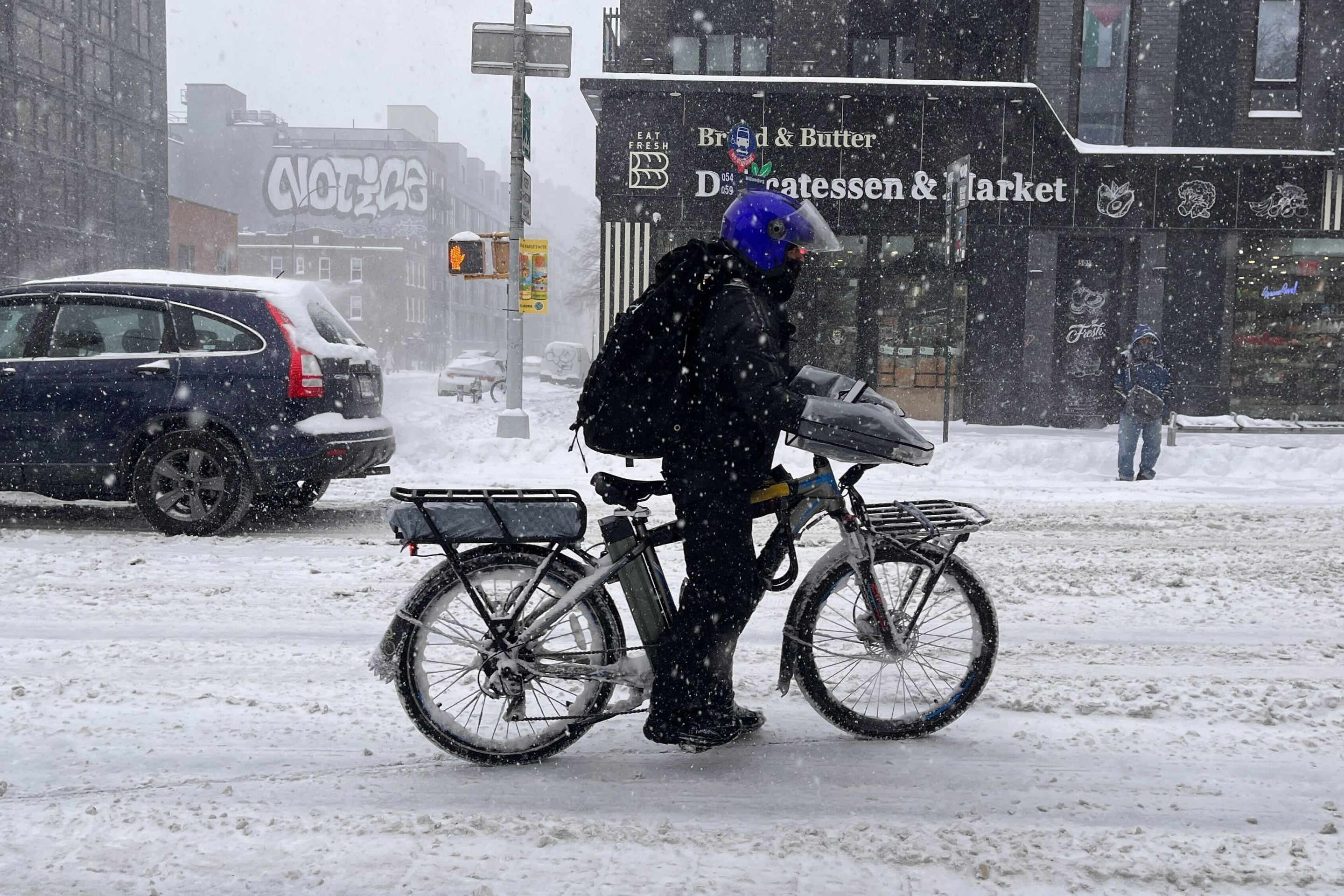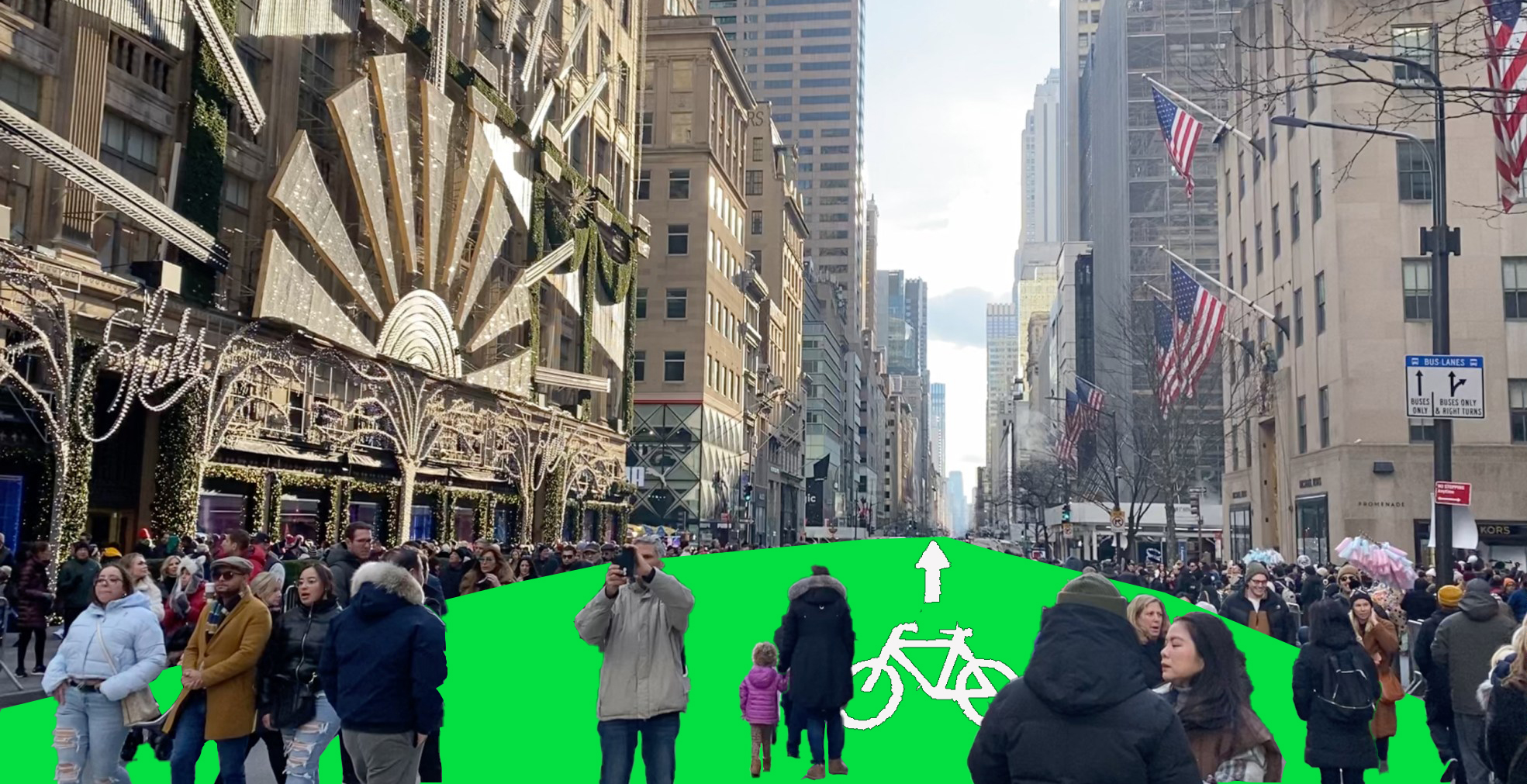 Transit riders in Portland have dozens of mobile applications at their disposal thanks to Tri-Met's open data. New York's ridership dwarfs Portland's, but the MTA's data policy stifles similar innovations.
Transit riders in Portland have dozens of mobile applications at their disposal thanks to Tri-Met's open data. New York's ridership dwarfs Portland's, but the MTA's data policy stifles similar innovations.Without good information for riders, transit systems don't work very well. A subway station sans system map or a bus stop lacking a posted schedule perform terribly from a usability perspective. That's why real-time bus information and subway countdown clocks have been getting so much play lately. They would give New York City transit riders extremely useful information that's currently unavailable.
If you live in Portland, there are dozens of mobile applications that help fill gaps in transit information. You can check your phone to see when the next bus is supposed to come. You can plan a trip from one unfamiliar part of town to another. You can even have your mobile device buzz if you fall asleep before reaching your destination. For the basic stuff, there's no iPhone necessary (although that certainly helps for information luxuries). Anyone who has a plain old cell phone with text messaging can ride the train or the bus with greater ease thanks to these apps.
"We’re not in the business
of selling our schedule info, we've always given out maps for free.
This is the same thing."-- Chris Dempsey, Massachusetts Executive Office of Transportation
Portland transit riders can choose from all those options because the local transit agency, Tri-Met, decided to open up their route, schedule and fare information to software developers. Dozens of transit agencies are making their services more attractive and rider-friendly this way, and the ones leading the pack share two things in common: They post current transit information in a format that's easy for developers to use, and they make this data available for free under a simple licensing agreement. Riders in San Francisco, Philadelphia, and Boston, among other places, are reaping the benefits.
New Yorkers are still waiting for the MTA to join the club. Simply put, the MTA makes it difficult to create applications using its data, even for a behemoth like Google with enormous reach. Developers have to acquire information from hard copies -- CDs -- that can quickly become out of date. Google's own online transit tools are riddled with information that went defunct months ago, like bus routes down Broadway's pedestrian plazas.
Licensing agreements get hammered out one by one, and the MTA seeks a 10 percent royalty for any application that's both sold at a profit and uses its maps and symbols. When talks break down, the resulting legal battle can turn ugly. Just ask Chris Schoenfeld, a developer and Metro-North rider who tussled with MTA intellectual property lawyers over the terms for distributing his mobile app, StationStops. A major point of contention: licensing fees and royalties.
Compared to cities leading the way on open transit data, where developers can agree to licenses with a few mouse-clicks, the MTA's current practices stymie innovation. But all it would take is a few policy changes to score a quick and easy public relations victory for the MTA, saving money for the agency and improving the experience for riders.
To start with, the MTA can give developers a clear sense of how to team up with the agency. That's one of the first things the Executive Office of Transportation in Massachusetts set out to do after deciding to open up its transit data earlier this year. "At the end of the day, it’s a symbiotic relationship," said Chris Dempsey, Assistant Secretary for Innovation and Project Development at the EOT, which made its transit data available at no cost to developers. "We thought developers
could see it was a good faith effort from us. We’re not in the business
of selling our schedule info, we've always given out maps for free.
This is the same thing."
The MTA says its licensing procedure is a safeguard to control quality. "The main purpose of the licensing program is to allow the MTA to establish a formal relationship with a developer that will enable us to work together to ensure that the data being presented is accurate," a spokesperson told Streetsblog. "Fees charged to for-profit developers are similar to those fees charged to any businesses that use MTA intellectual property, from tourist guidebook publishers to clothing merchants to home furnishings manufacturers."
Mobile applications, however, are a totally different beast than shower curtains printed with a subway map. When it comes to ensuring the quality of transit apps, nothing beats regularly updated data, posted online in a format developers can easily use. Without those conditions, it's too onerous for developers to spend time crafting applications, and New York will never benefit from the same intense competition and innovation that other cities have fostered.
In Massachusetts, transit officials have embraced open data as a service enhancement for riders. "One of the things we’re excited about is the potential for increasing
ridership on bus lines, and getting people excited about riding buses," said Dempsey.
"These applications will give people more confidence that buses are
reliable."
In New York, a more open policy may be on the way. "In his confirmation hearings, incoming MTA Chairman and CEO Jay H. Walder said technology and transparency were among his top priority areas, so it is likely that there could be changes to our data policy in the relatively near future," the MTA spokesperson said. Walder will take the reins on October 5.
With a $10 billion hole in the MTA capital plan looming, Walder has lots of heavy lifting ahead, and he could use some quick PR victories to build momentum. On that score, open transit data is a triple play: It improves the experience for riders, makes the MTA more transparent, and cuts costs. (Think of all those hours the legal department spends on licensing talks.) Not a bad opening move for the next MTA chief to consider.





